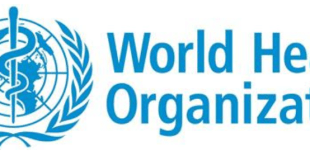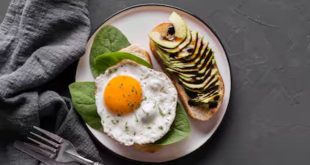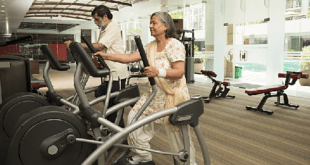Authored by Dr Sanjay Bhat, Senior Consultant, Interventional Cardiology, Aster CMI Hospital
Winter season can be a tough time for everyone to stay healthy. The cold weather can trigger the onset of many preventive health conditions in children and adults. From common cold to various skin ailments, the cold weather can also affect your heart, especially if you have cardiovascular disease. Hence, it is ideal to take precautionary measures while working outside the cold weather and keep an eye on our eating habits that can cause that can strain the heart.
Understanding how cold weather can affect your heart health
In order to maintain the body temperature throughout the winter, our bodies go through specific physiological and biochemical changes. The cold can constrict your blood vessels and coronary arteries, resulting in high blood pressure, restricted blood flow, and a decreased supply of oxygen to the heart, blood clotting which can lead to a heart attack. In addition, to maintain a healthy body temperature, your heart has to work more in the cold. Hypothermia is a disorder that occurs when the body loses heat more quickly than usual, causing heart muscle damage. Children and the elderly are especially vulnerable. Elderly adults may also have less subcutaneous fat and a reduced capacity to perceive temperature, allowing them to endure hypothermia without realising it.
Some of the healthy tips to follow during the winter are;
· Stay warm: Limit your time spent outside in the cold weather, and if you must go out, dress warmly in layers, cover your head and hands, and wear warm socks and shoes.
· Overheating oneself is not a good Idea: Overheating can occur when you dress warmly and then engage in physical activity. When blood vessels dilate too fast as a result of overheating, hypotension (low blood pressure) develops in those who have cardiac difficulties.
· Obtain a flu shot: Winter also increases your chances of catching the flu because of the low humidity caused by cold weather and indoor heating. Anyone with heart problems is at risk from the flu.
· Regular exercise: It is essential, with at least 30 minutes of activity every day in chilly weather. However, avoid exercising outside first thing in the morning. Indoor activities such as static cycling, treadmill running, and yoga are also good options.
· Maintain your diet: It is ideal to limit the amount of salt and sugar intake in your diet. Excessive sugar can cause insulin resistance, obesity and diabetes and too much can cause water gain and high blood pressure, which can lead to heart failure, heart attack and stroke. Avoid consuming high protein during winter, it can cause a build-up of mucus in your throat. And while cooking, use polyunsaturated cooking oils such as safflower oil or mustard oil.
· Avoid or limit your intake of alcoholic beverages: Too much alcohol can cause blood vessels in the skin to dilate, making you feel warmer while pulling heat away from your essential organs. Hence, it is important to completely avoid or limit the amount of your intake.
· Regular Health Checks: Everyone, including those with no medical history, should undergo regular health check-ups.
Seek help when there is an emergency
If you are feeling discomfort in your chest, fatigue, irregular heartbeats, cold sweat, breathlessness, dizziness it is important to seek immediate medical attention. This can be a sign of a heart attack and delaying treatment could turn fatal. One must ask for help and call an ambulance. Cold temperatures can be stressful. It can be hazardous or even deadly for people who have heart problems. If you’re in a chilly area, make sure you follow procedures to lower your risk. It is essential to continue to live a healthy lifestyle and eat nutritious food. Eat healthily, get enough sleep and exercise to keep your heart healthy not just in the winter, but all year.
 Newspatrolling.com News cum Content Syndication Portal Online
Newspatrolling.com News cum Content Syndication Portal Online






